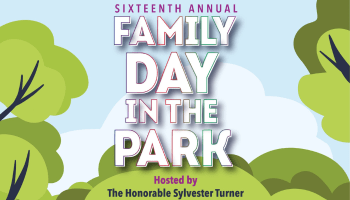Could you imagine Deer Park, Friendswood or La Porte disappearing in a single year? Approximately 30,000 Americans die annually as the result of a suicide, nearly the same amount of people which lives in each of those cities. Fortunately, there are warning signs to look for which indicate you or someone you love needs to seek help, and more importantly, a number of resources available to those who are feeling suicidal.
Warning Signs Someone May Be Suicidal
The following behaviors and activities are good indicators of a problem. Encourage your friend or family member to seek help if you notice someone:
- Withdrawing from friends and family
- Taking steps to tie up loose ends, such as giving away possessions, settling debts, etc.
- Looking into or discussing suicide methods
- Abnormally reckless or unsafe behavior
- Significant increase in irritability and/or aggression
- Expressing feelings of being especially depressed, in pain, trapped, angry, sad or hopeless
- Newfound or increased abuse of drugs or alcohol
- No longer participating in activities or hobbies that used to bring enjoyment
- Experiencing extreme mood swings
- Drastic change in sleeping habits
- Talking about wanting to die
Suicidal? Scroll below for resources available to help you or someone else cope!
- Suicide Prevention Resources
- While suicide can appear as an acceptable alternative to personal, financial or social struggles, it isn’t the answer. Fortunately, the National Suicide Prevention Lifeline can help.
- If you feel suicidal, please dial 1-800-273-TALK (8255) to speak with someone in your area, free and confidential.
- There are no problems too big, and the Lifeline is able to extend a helping hand.
- What Happens When I Call the Lifeline?
- When you make the free and confidential call to the National Suicide Prevention Hotline, you are not only reaching out to professional, highly-trained crisis workers, you can get important information about mental health resources in Houston, Galveston or wherever you reside.
- Who Should Call the Suicide Hotline?
- Anybody can and should call the suicide hotline, especially if you are in any crisis. You do not have to be suicidal to call the hotline. According to the Lifeline, they have dealt with a wide range of issues from callers in their eight year history, including financial worries, drug abuse, relationship problems, gay and lesbian issues, health problems, depression, even loneliness.
- For more inform on Suicide Prevention Websites & Resources click HERE.
- American Foundation for Suicide Prevention
- National Suicide Prevention Hotline
- Texas Suicide Prevention Resources
- Affordable Colleges Online

















